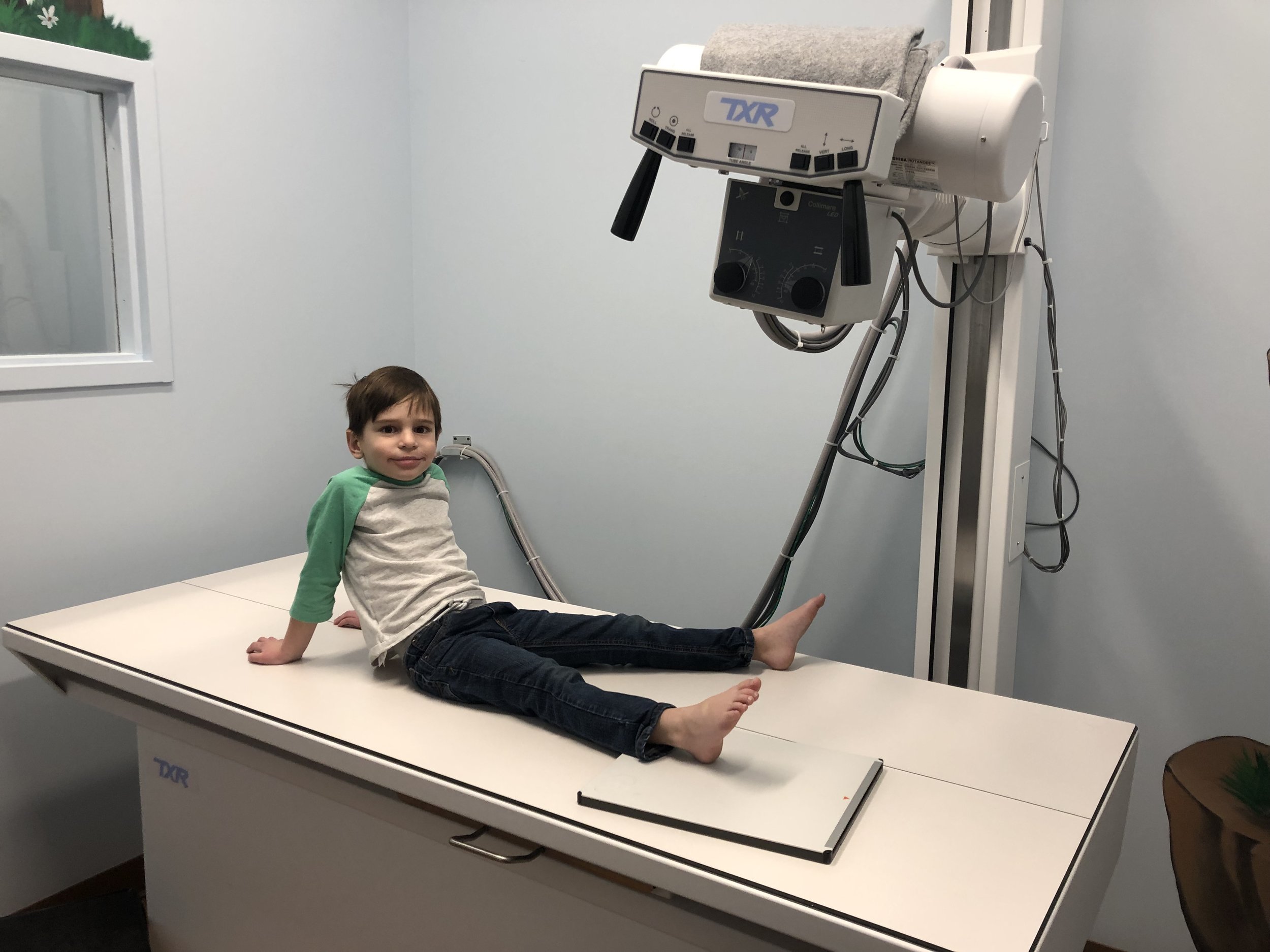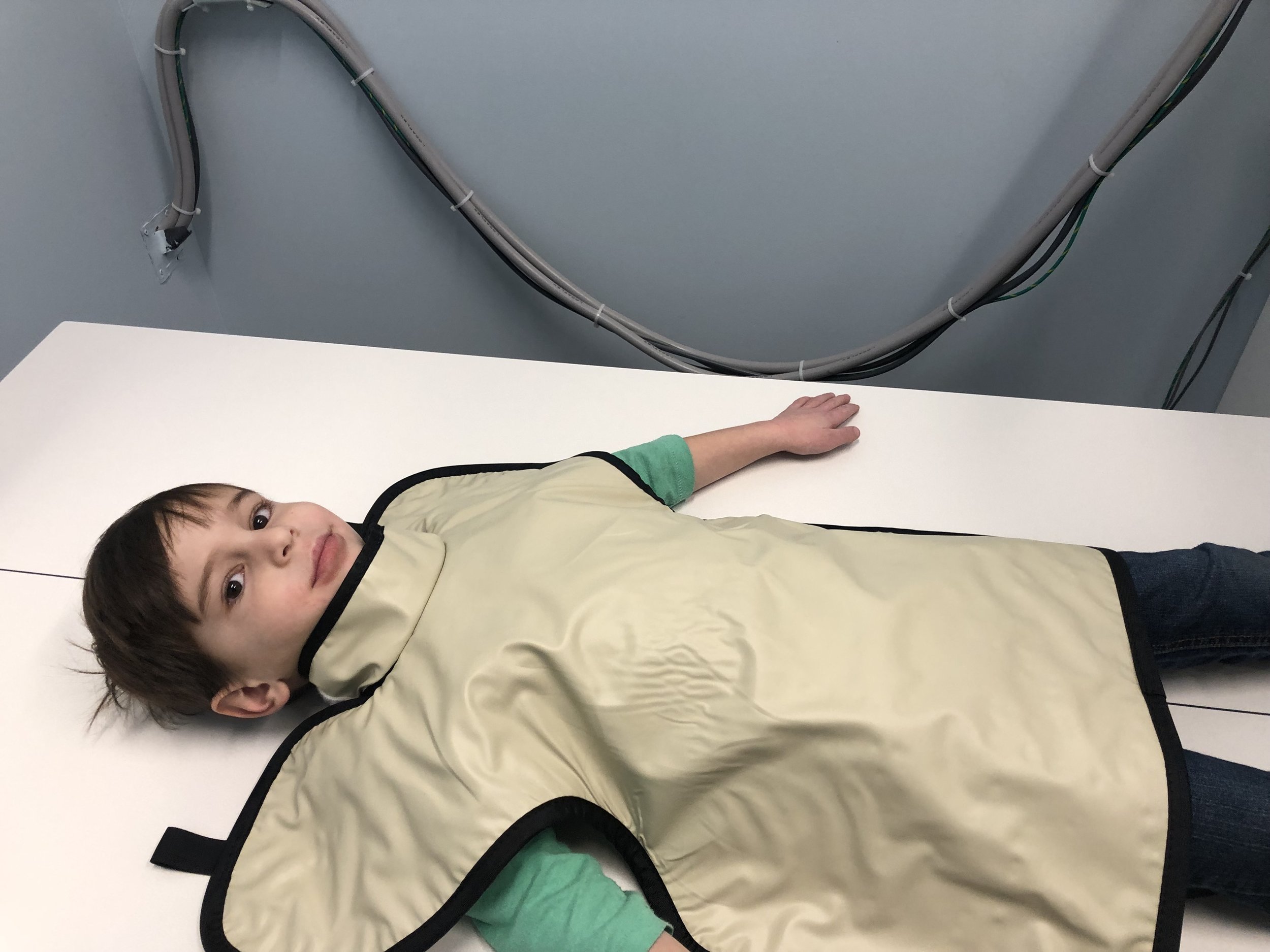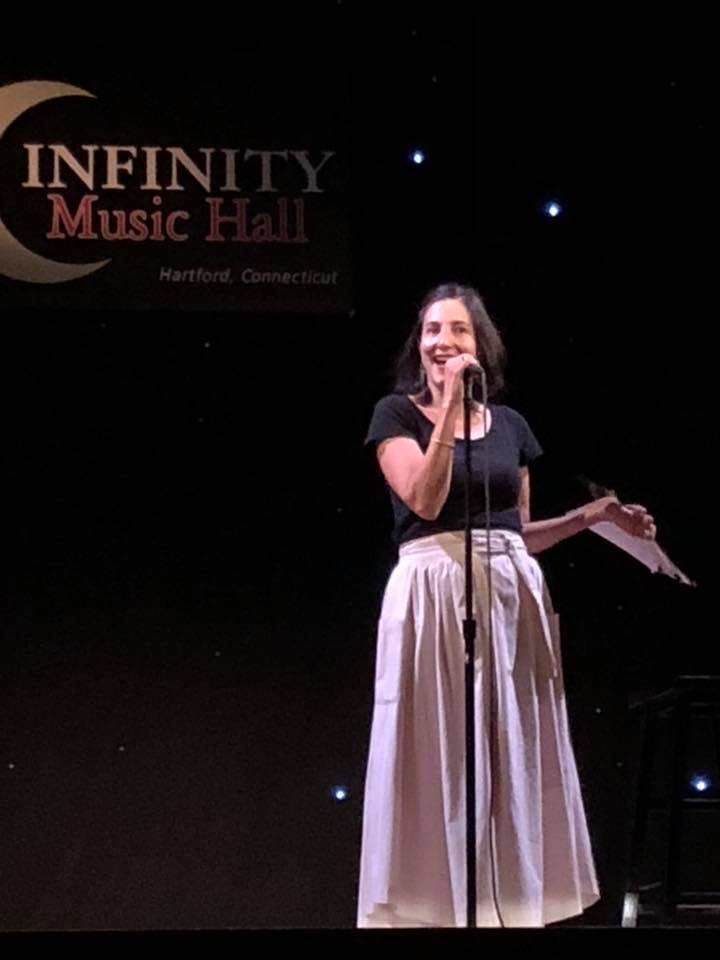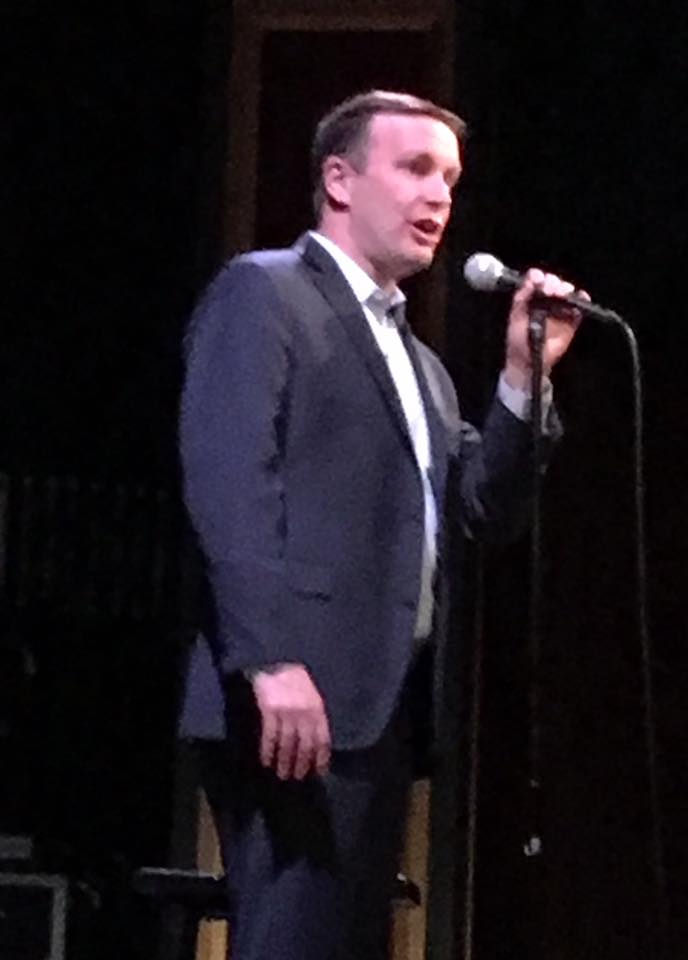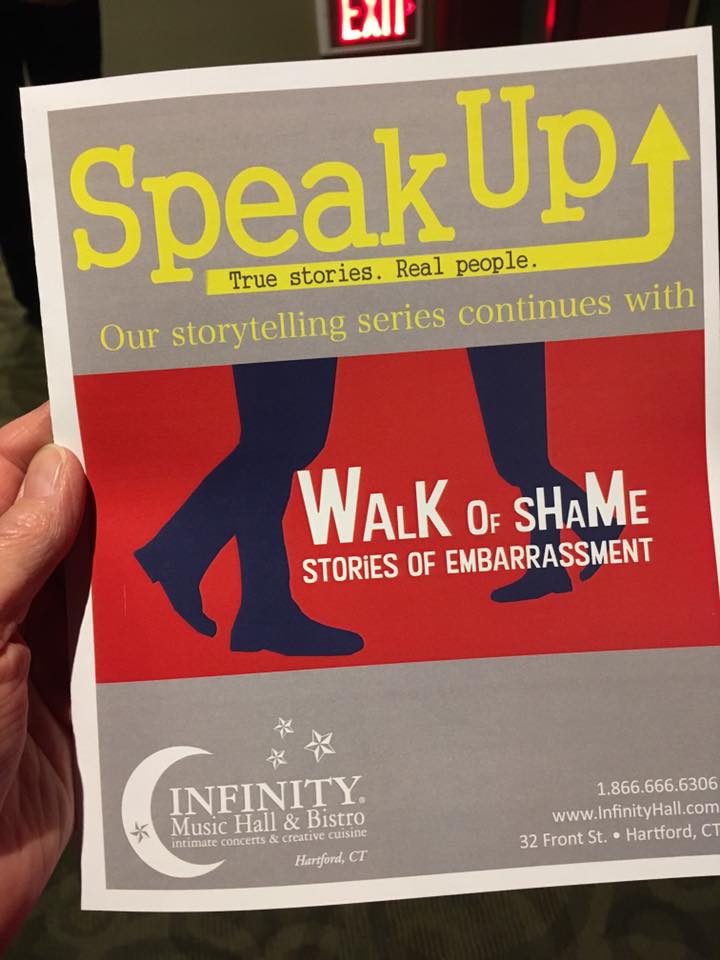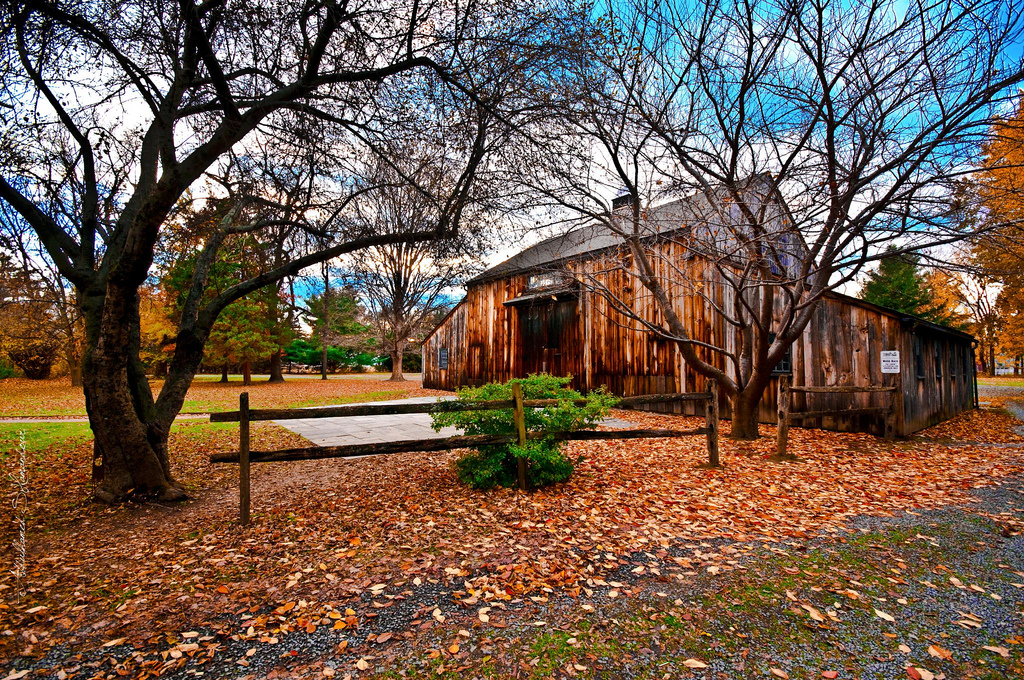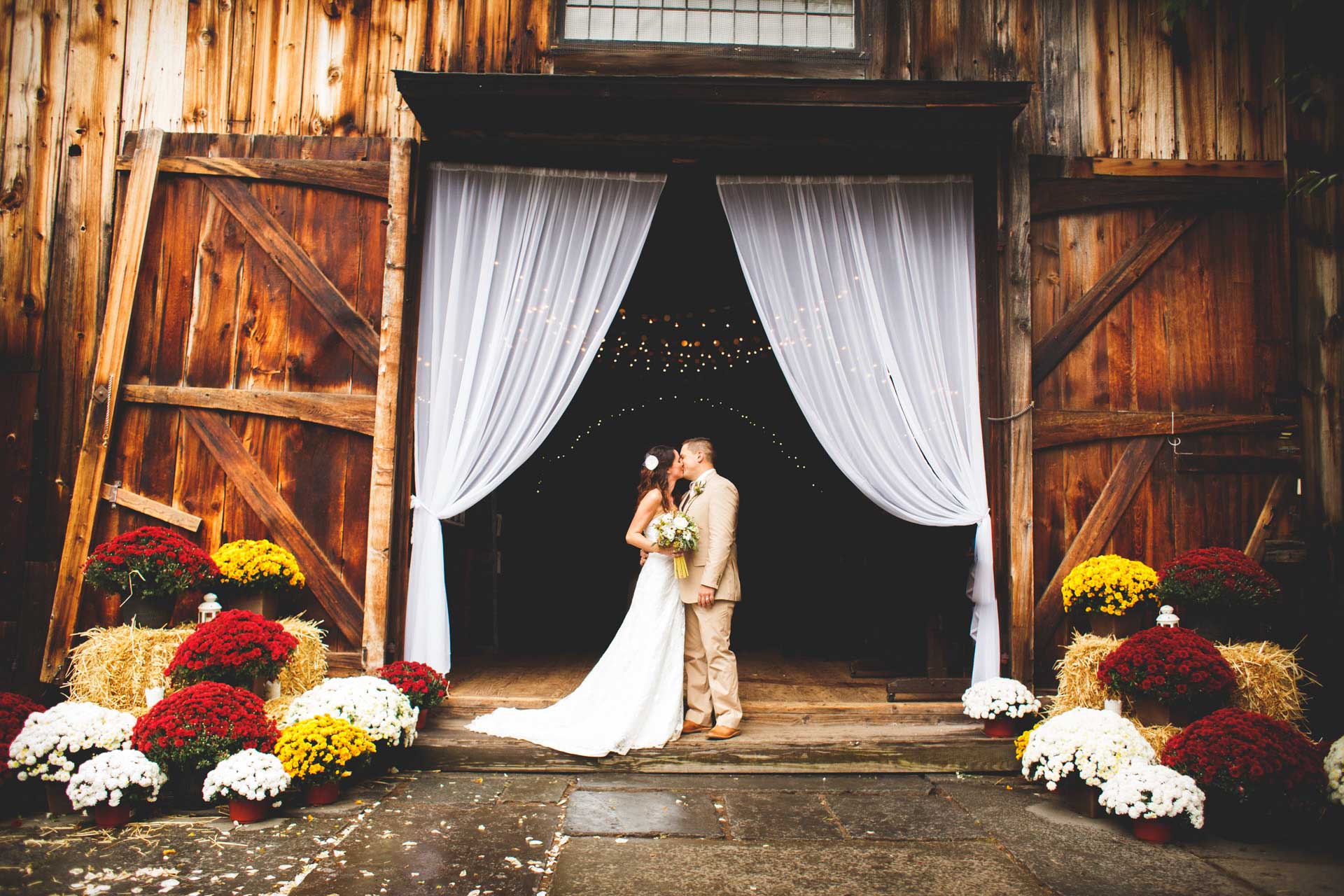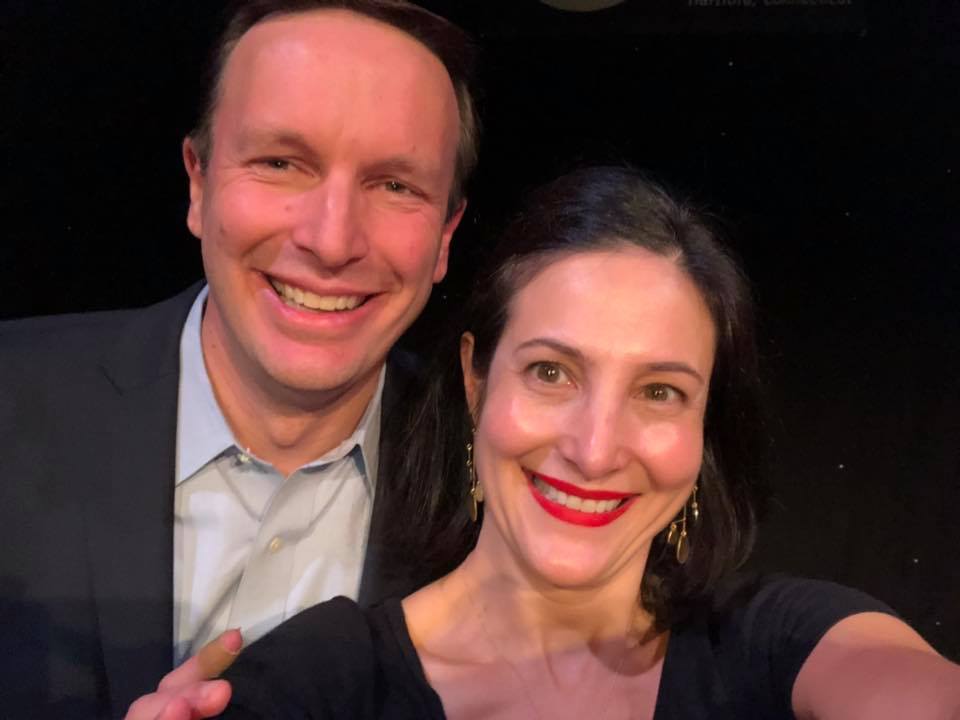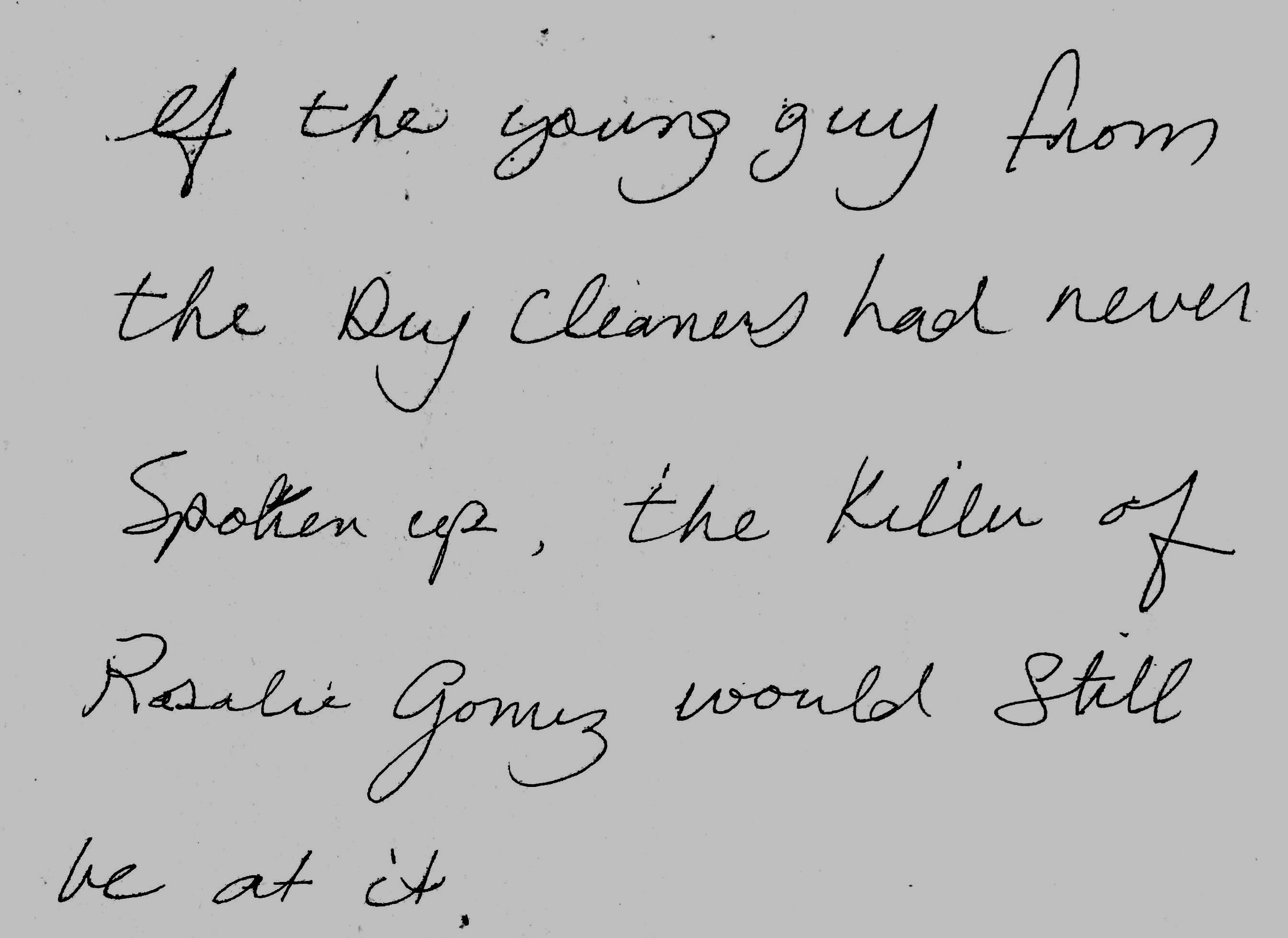Kind of an amazing night.
When Elysha and I launched Speak Up in May of 2013, we wondered if anyone would show up.
We wondered if our first show would also be our last show.
Our expectations were low and our vision for the future of Speak Up was dim. If some people came to our show and didn’t hate us, it would be considered a victory.
Last night we produced our 60th show at Infinity Hall in Hartford, and it may have been our best yet. The storytellers - four of whom were brand new - were outstanding. Filled with humor and heart. Our nearly sold-out audience ate them up.
And of course, the night was made even more special by the inclusion of United States Senator Chris Murphy, who I have been trying to get in the show for more than a year. Senator Murphy led off with a story about his time as an intern in Washington, DC. He stuck to our theme of “Walk of Shame: Stories of Embarrassment,” spoke from the heart, made the audience laugh, and honestly sounded just like any other storyteller onstage except for the fact that he’s a US Senator.
Just like the rest of the storytellers, he killed.
Prior to last night, we’ve only had a couple celebrity storytellers on our stage. Two years ago George Dawes Green, the founder of The Moth, graced our stage with a brilliant story, and we also had Catherine Burns, artistic director for The Moth, tell a fantastic story as well.
Though both of those human beings are luminaries in my mind, they are not nearly as well known as Senator Murphy. If you know and love The Moth, you know George and Catherine, but if you don’t know The Moth, you are tragically unaware of them and their remarkable work.
So last night was a big deal for us. The next time I ask a celebrity, politician, sports figure, or the like to tell a story for us, I’ll be able to say, “A United States Senator has told a story for us. Maybe you’d like to tell a story, too?”
There was a moment last night when Elysha and I were standing in the dark backstage, listening to the Senator tell his story, and I recognized how big a night this was for us. Someday, far into the future, when we are reflecting on some of the things we have done as a couple, we will remember this night with great fondness.
The night eight storytellers - one more than usual because of the last minute addition of Senator Murphy - took the stage and told stories that our audience absolutely loved, and one of them was the United States Senator who we love and support more than any politician in office today.
It was a big step for us, and as is always the case, I now find myself in search of the next big step. The next leap forward. The next moonshot.
Never stop looking for the next big thing.
